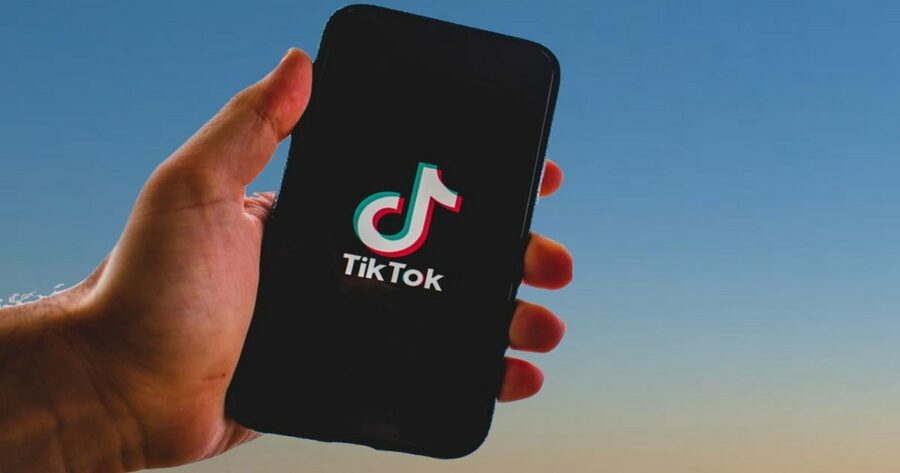Today, the Canadian government decided to follow in the footsteps of the United States and several European countries by blocking the popular social media app TikTok from being installed on government devices. This decision was made out of fear of spying and data breaches, as TikTok is owned by a Chinese company called ByteDance. The ban will come into effect on February 28th, 2023, and users of government-issued mobile devices will also be blocked from downloading the application in the future.
At the current pace and ramped-up rhetoric by the Canadian, American and several European governments, it is not far-fetched to imagine a future where elected officials draft bills that would see the Tik Tok and other social media Apps. be subject to a statewide or provincial ban.
The decision to ban TikTok from government devices was made following a review of the app, in which the Chief Information Officer of Canada determined that it presented an unacceptable level of risk to privacy and security. “While the risks of using this application are clear, we have no evidence at this point that government information has been compromised.” Said President of the Treasury Board, Mona Fortier
TikTok repeatedly stated that Canadian data is stored on Oracle servers in Singapore and the United States. Despite this, the Canadian government has still decided to ban the app due to concerns about potential data breaches and spying by the Chinese government. However, this decision has been criticized, as the government has not taken similar action against Facebook, despite the platform being responsible for several high-profile data breaches and instances of election interference.
It is worth noting that Facebook is not owned by a Chinese company, which may be one reason governments have not banned it like TikTok. Additionally, Facebook is a major form of communication for government entities to connect with constituents, which may be another reason it has not been banned. Nevertheless, it is important to note that Facebook is banned in China and a few other countries.
The fact remains that Facebook has been responsible for several data violations in recent years. For example, in 2018, it was revealed that political consulting firm Cambridge Analytica had accessed the data of millions of Facebook users without their consent. This data was then used to influence the outcome of the 2016 U.S. presidential election.
Facebook has also been accused of allowing Russian interference in the 2016 U.S. presidential election and the Brexit referendum in the United Kingdom. The platform has also been criticized for its handling of user data and for selling personal information to third-party advertisers.
Given these issues, it is understandable why some people believe that Facebook should be banned from government devices like TikTok has been. However, it is important to note that a foreign entity does not own Facebook, and banning it could negatively affect government communication with constituents.
It is also worth considering that the Canadian government’s decision to ban TikTok from government devices may have broader implications for the tech industry as a whole. With concerns about data breaches and spying on the rise, it is possible that other countries may follow Canada’s lead and ban apps and services owned by companies based in certain countries. And if this were to happen, millions of Canadians relying on certain apps for income could jeopardize their livelihood.
If governments start banning apps and services based on their country of origin, it could lead to a fragmentation of the internet and the creation of national digital ecosystems. This could be particularly problematic for smaller countries that rely on foreign tech companies to provide services to their citizens.
The Canadian government’s decision to ban TikTok from government devices reflects growing concerns about data breaches and spying by foreign governments. While the government justifies the ban, it is important to consider the broader implications for the tech industry and for government communication with constituents. It is also worth noting that similar action has not been taken against Facebook, and its subsidiaries, Instagram and WhatsApp, despite their many egregious and consistent violations in handling data. Ultimately, the tech industry and governments must work together to address these issues and find a way to balance security concerns with the benefits of a global, interconnected internet.









